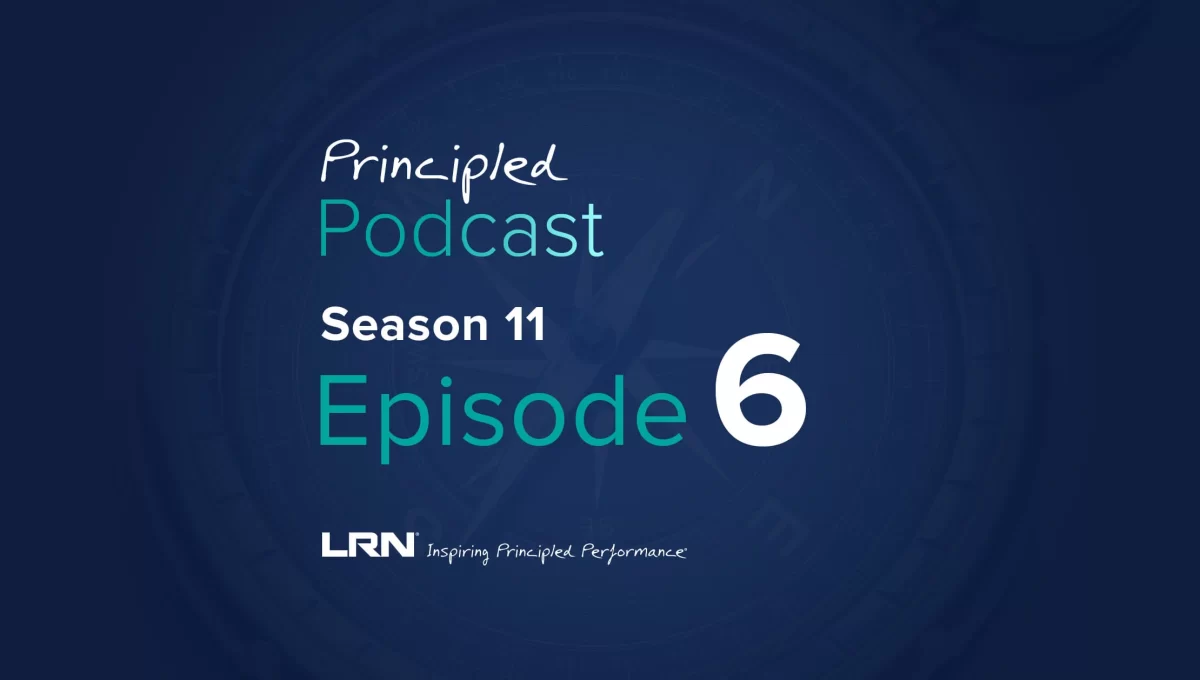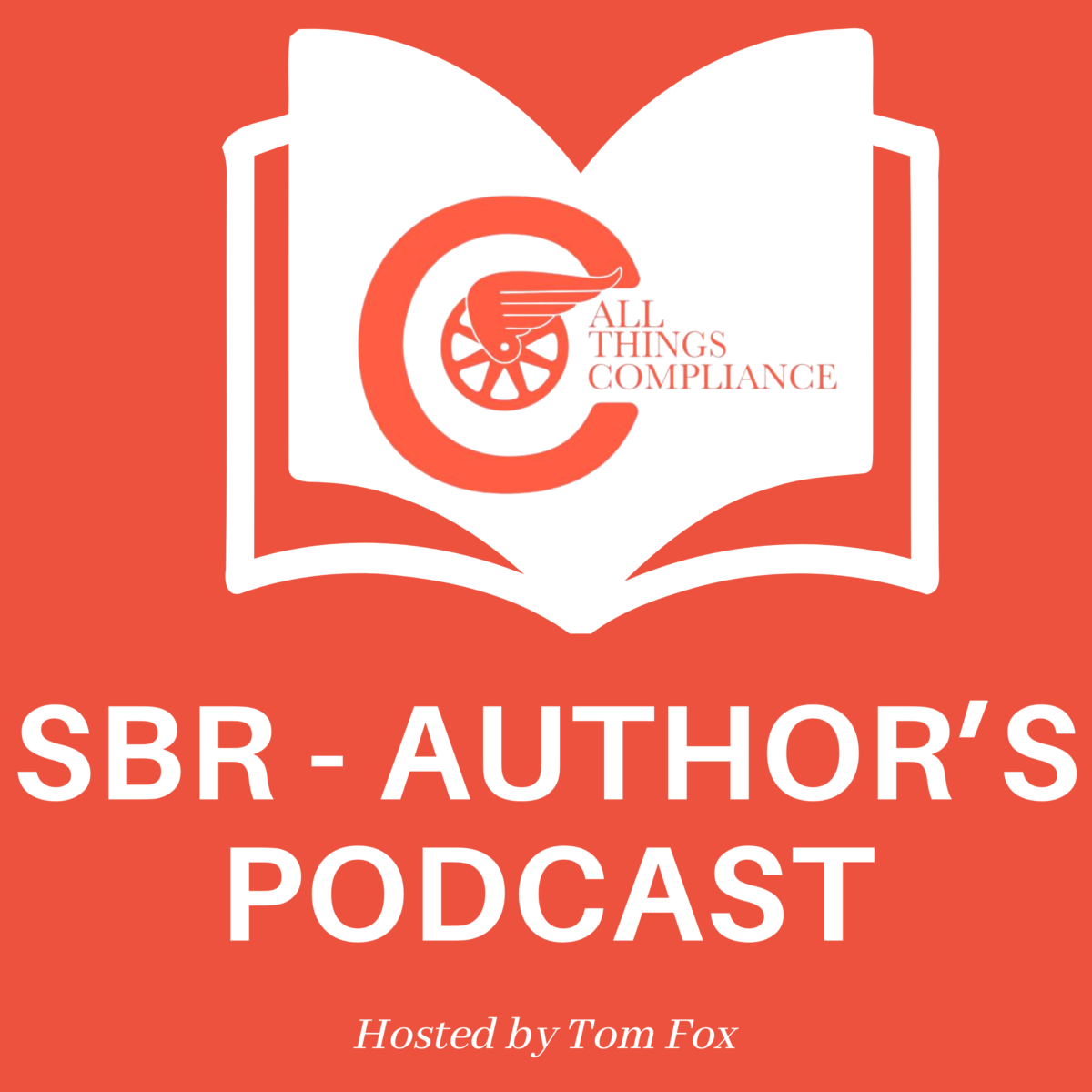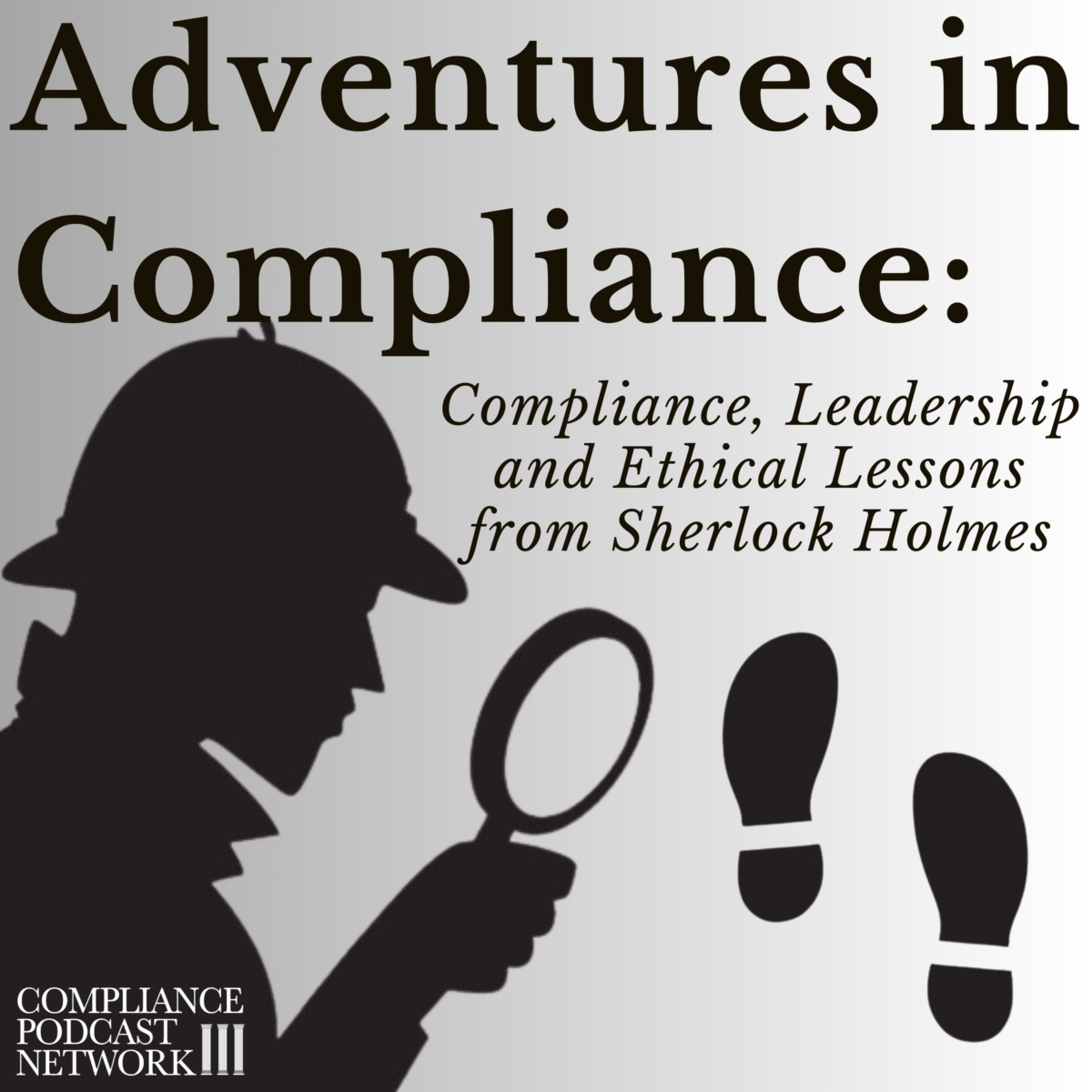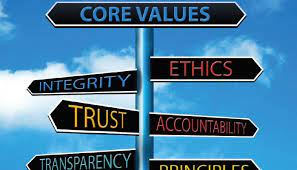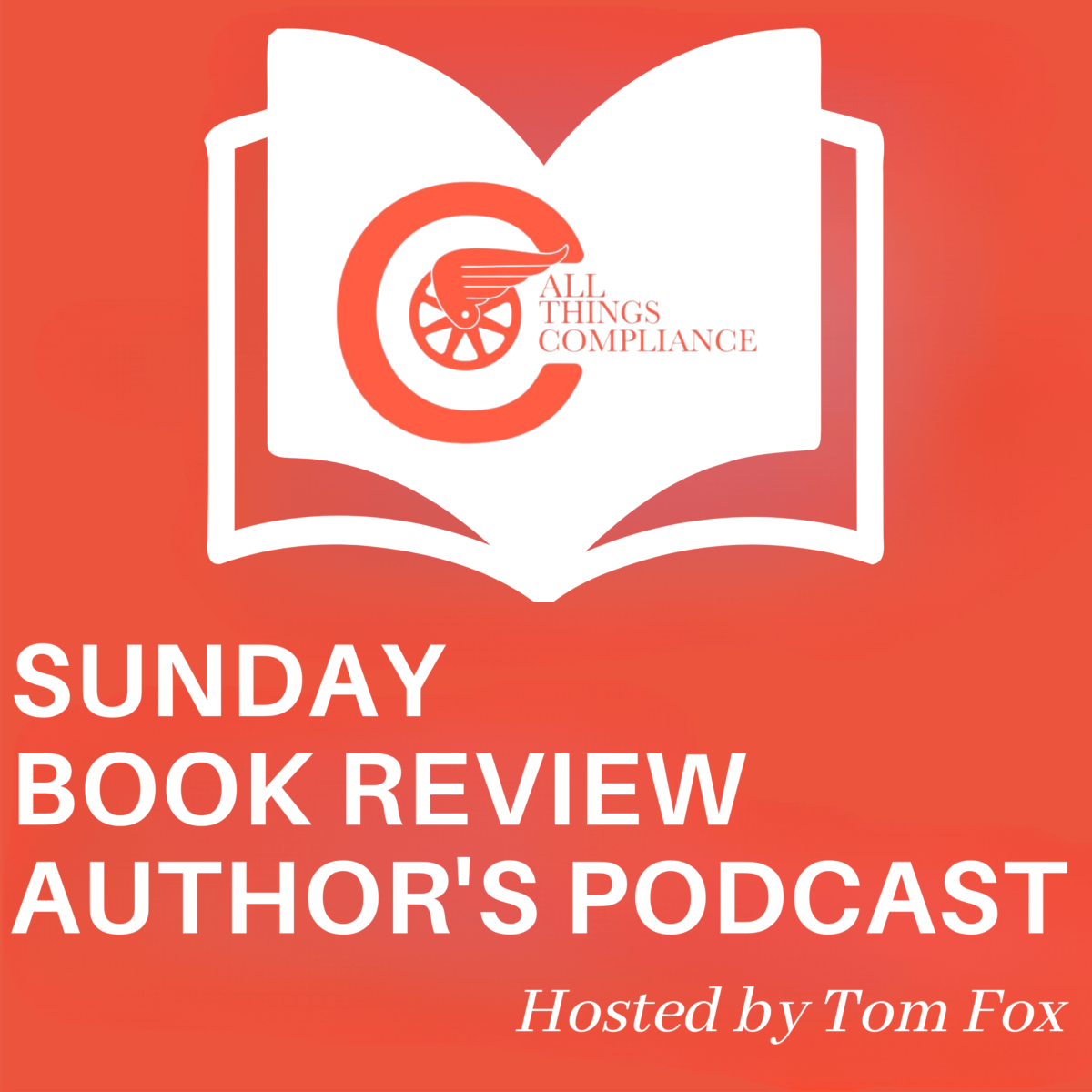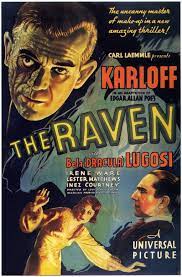More than ever, the intensifying severity and frequency of new risks worldwide have heightened the focus of Ethics and Compliance (E&C) programs on risk mitigation efforts. LRN’s 2024 Ethics & Compliance Program Effectiveness Report presents comprehensive global data and insights from over 1,400 E&C professionals to underscore this trend. Our research emphasizes the effectiveness of values-based programs, which correlate strongly with reduced risk and improved business outcomes. Given this increasingly complex risk landscape, how are E&C programs in the Asia Pacific region, particularly in Singapore, adapting? Furthermore, what do these global best practices entail for programs in this region in their day-to-day operations?
In this episode of the Principled Podcast, Eric Morehead, LRN’s Director of Advisory Services Solutions, discusses the key insights from the Singapore edition of the 2024 Ethics & Compliance Program Effectiveness Report with Jarrod Baker, Partner at Deloitte Southeast Asia, exploring their implications for regional programs.
Guest: Jarrod Baker
Jarrod Baker is the Southeast Asia Leader for Forensic Investigations. Working across the globe, he has been instrumental in helping financial institutions and corporations with investigations into complex fraud, serious misconduct, and financial crime. Jarrod is experienced in working on high-profile matters involving regulators such as the United States Department of Justice, the Securities and Exchange Commission, the UK Financial Conduct Authority, and the Australian Securities and Investments Commission. This includes investigating breaches of anti-corruption legislation such as the FCPA, violations of trade sanctions, market misconduct, and financial misstatement. He is well-versed in helping corporations develop, implement, and monitor the effectiveness of their anti-corruption compliance frameworks.
Host: Eric Morehead

Eric Morehead is a member of LRN’s Advisory Services team and has over 20 years of experience working with organizations seeking to address compliance issues and build effective compliance and ethics programs. He conducts program assessments and examines specific compliance risks, drafts compliance policies and codes of conduct, works with organizations to build and improve their compliance processes and tools, and provides live training for Boards of Directors, executives, managers, and employees.
Eric ran his consultancy for six years, advising clients on compliance program enhancements and assisting in creating effective compliance solutions.
Eric was formerly the Head of Advisory Services for NYSE Governance Services, a leading compliance training organization. In this position, he was responsible for all aspects of NYSE Governance Services’ compliance consulting arm.
Before joining NYSE, Eric was an Assistant General Counsel of the United States Sentencing Commission in Washington, DC. Eric was the policy team chair that amended the Organizational Sentencing Guidelines 2010.
Eric also spent nearly a decade as a litigation attorney in Houston, Texas, where he focused on white-collar and regulatory cases and represented clients at trial and before various agencies, including the SEC, OSHA, and CFTC.
Get a copy of the Singapore edition of LRN’s 2024 Ethics & Compliance Program Effectiveness Report.
Connect with the Compliance Podcast Network at:
LinkedIn: https://www.linkedin.com/company/compliance-podcast-network/
Facebook: https://www.facebook.com/compliancepodcastnetwork/
YouTube: https://www.youtube.com/@CompliancePodcastNetwork
Twitter: https://twitter.com/tfoxlaw
Instagram: https://www.instagram.com/voiceofcompliance/
Website: https://compliancepodcastnetwork.net/


